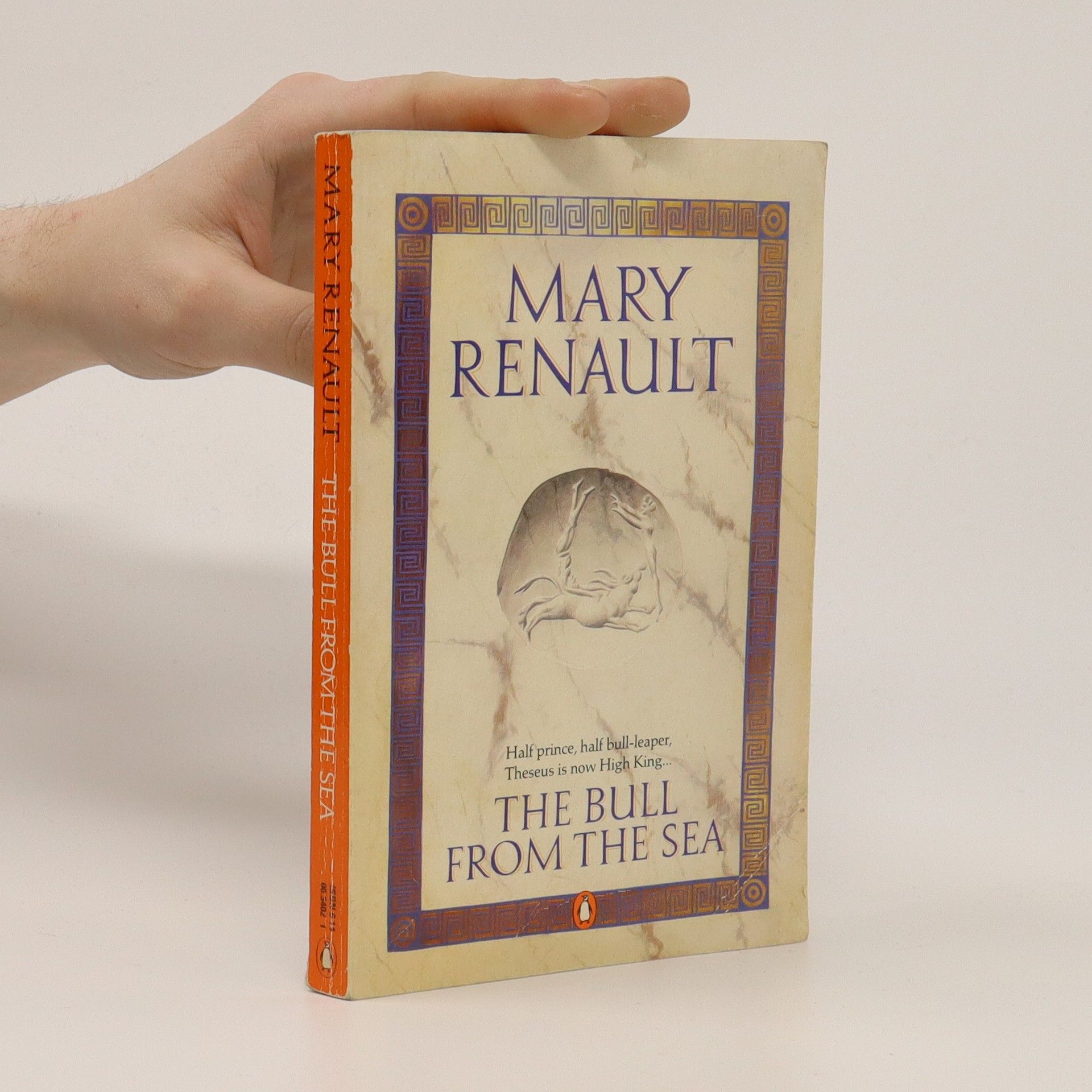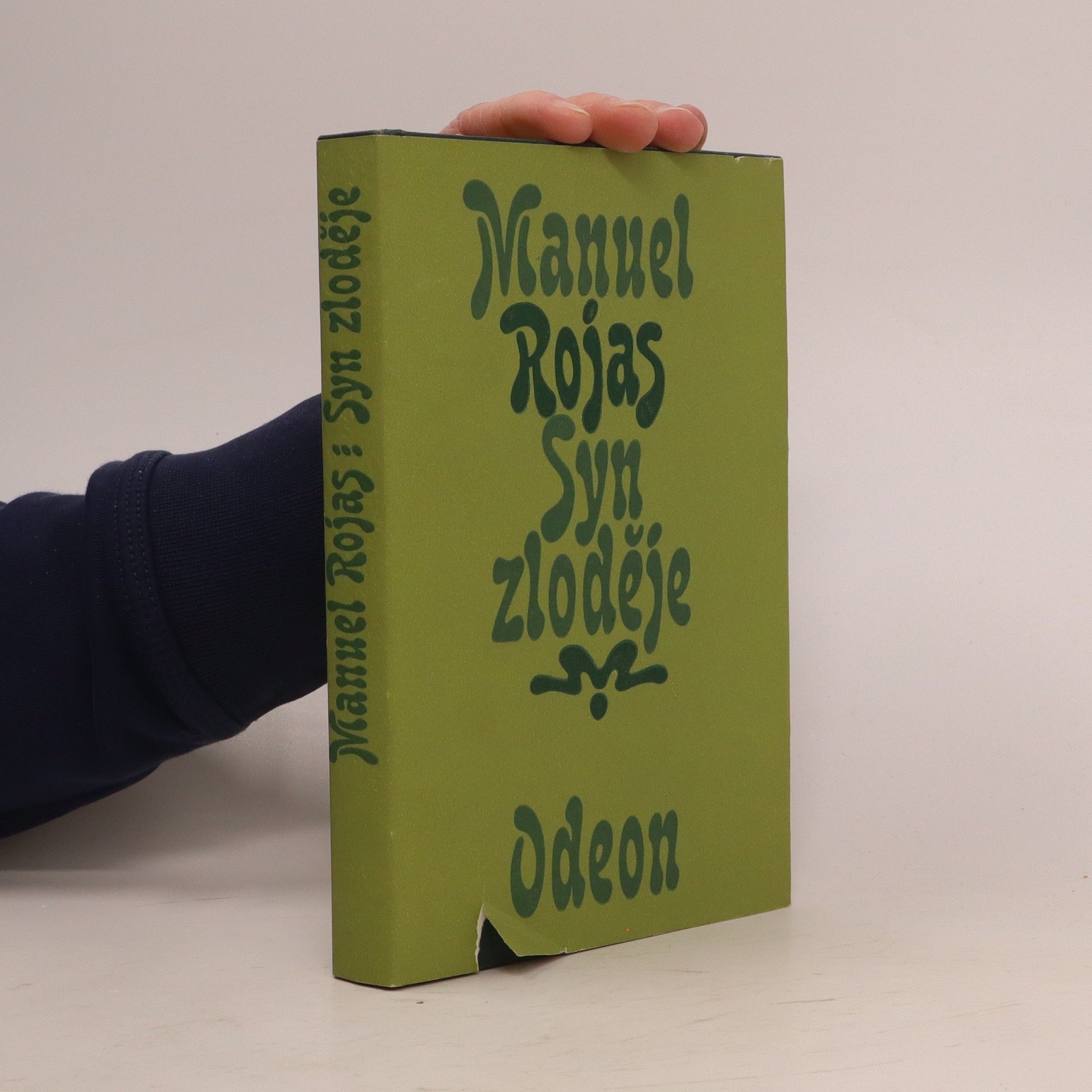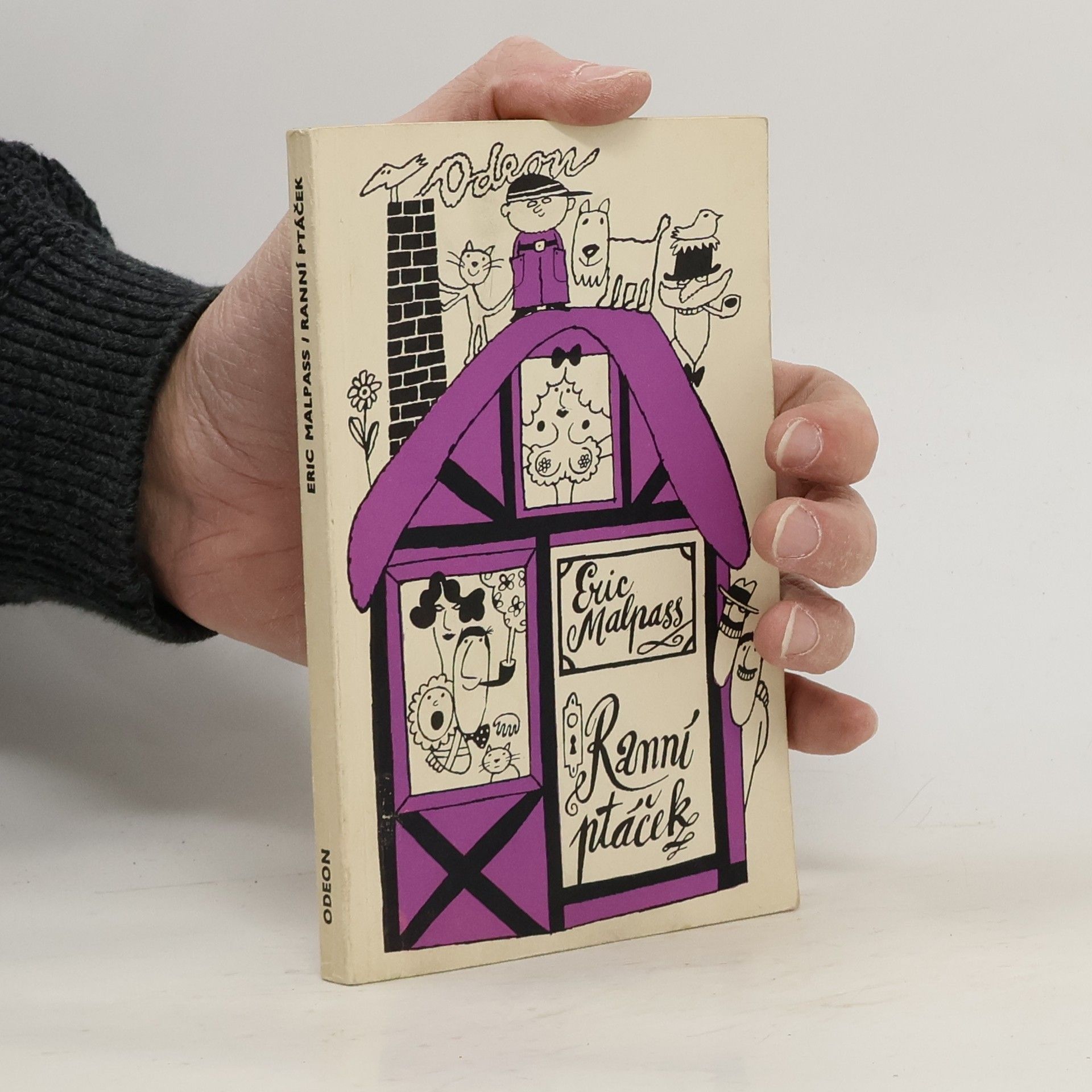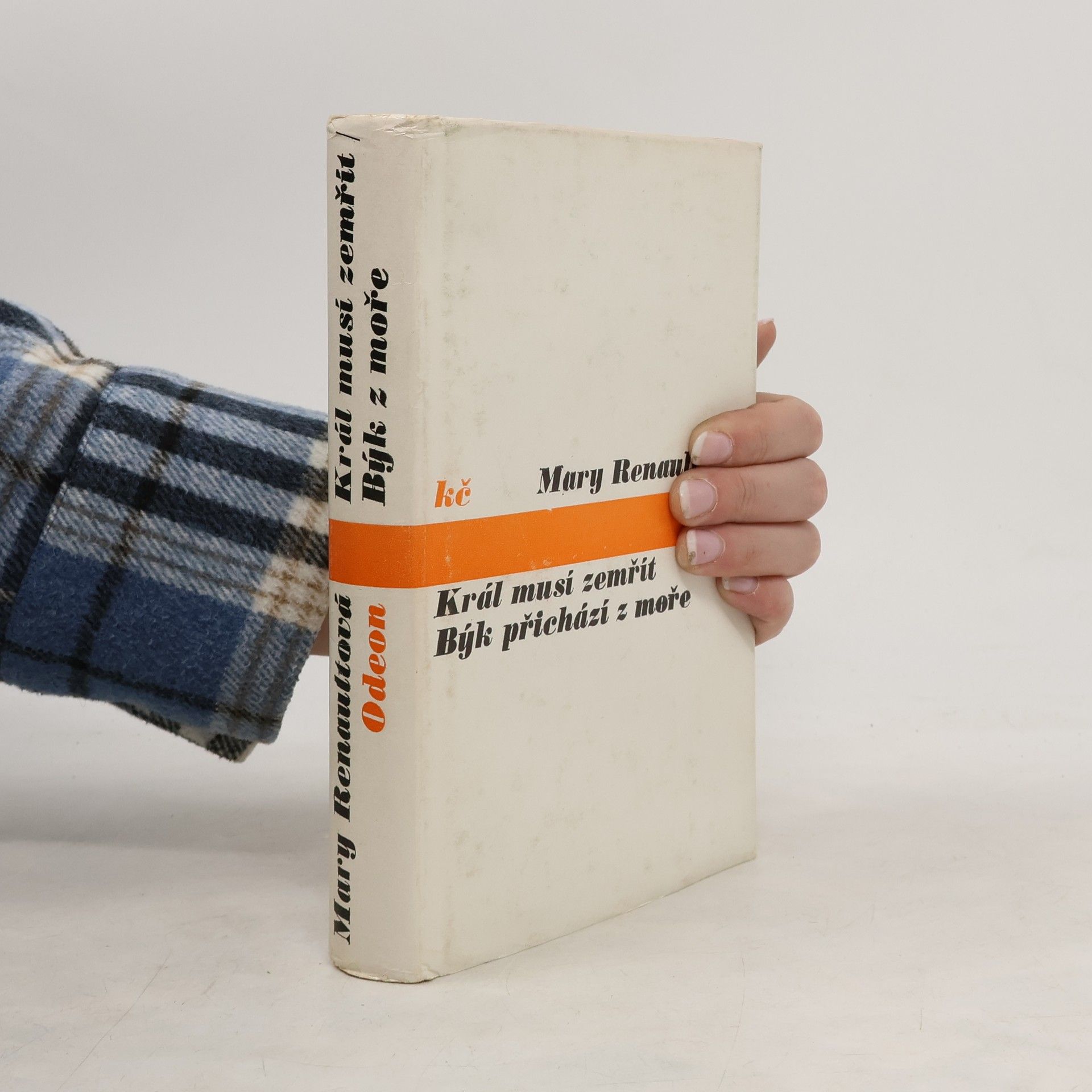Příběh malého chlapce, který žije ve velké rodině, je psán s jemným humorem a laskavým porozuměním pro psychologii dítěte. Edice Čtení na dovolenou.
Olga Rychlíková Books






V příběhu se dočteme o Pocahontas, skutečné indiánské princezně, která se narodila ve Virginii, provdala se za Angličana a krátký čas zářila na dvoře krále Jakuba Stuarta. Oslnila celý Londýn, těžce však snášela anglické podnebí a v mladém věku podlehla nemoci.
Přední chilský spisovatel, jemuž byla v roku 1957 udělena Národní cena za literaturu, líčí ve svém nejproslulejším románě osudy společensky vyděděného chlapce, který se na vlastní pěst probíjí životem plným ústrků, lidské špatnosti, mravní i hmotné bídy, ale i vzácné solidarity apřátelství, když v drsném prostředí jihoargentinských a jihochilských přístavů nalézá své místo.
Román zpodobuje na pozadí venezuelské společnosti šedesátých let 20. století tragicky končící příběh tří stejně starých chlapců z různých společenských vrstev, kteří se ve snaze o seberealizaci dopouštějí násilí a končí zbytečnou smrtí.
"The Bull from the Sea" is the story of Theseus, King of Athens, but also Mary Renault's brilliant historical reconstruction of ancient Greek politics. Throughout his reign, Theseus is torn between his genius for kingship and his truant craving for adventure. As Theseus for a dynastic marriage with Phaedra, Pirithoos, the pirate prince, lures him off to explore the unknown Euxine, where he meets and captures the young warrior priestess Hippolyta. She is the love of his life, and that love is the crux of his fate. The bull of Marathon, the battle of the Lapiths and Kentaurs, and the moon-goddess cult of Pontos are merely a portion of the legendary material that Renault weaves into the fabric of great historical fiction. Whether or not these myths have their far-distant origin in actual events, the author's imagination and scholarship have invested them with immediate amd magical reality.
The epic of Theseus, the boy-king of Eleusis, ritually pre=ordained to die after one year of marriage to the sacred Queen, but who defies the God's decree and claims his inheritance - and the throne of Athens. His friends are the young men and maidens, slaves of the God, chosen for death in the Bull Dance. His fabled enemy is the monstrous half-man, half-bull, Minotaur, devourer of sacrificial human flesh. In her classic re-creation of a myth so powerful that its impact has survived down the centuries, Mary Renault has brought to life the world of ancient Greece. For here is the true Atlantis legend, with its culmination in the terrible fateful destruction of the great Labyrinth, the palace of the house of Minos. Vivid and convincing...it brims with feeling - Sunday Times Takes the raw material of myth and makes it credible...I am spellbound by Miss Renault's art - The Observer One of the truly fine historical novels of modern times. Not since Robert Graves' I, Claudius has there been such an exciting living image of the Ancient World on this grand scale - New York Times
Dvojice těsně na sebe navazujících románů, jež zpracovávají antickou pověst o attickém hrdinovi Théseovi, odvíjí před čtenářem obraz antického světa a bájného Labyrintu. Anglická autorka (nar. 1905), proslulá svými historickými náměty, volně dotváří a logicky spojuje známé epizodyz příběhu o Théseovi.
